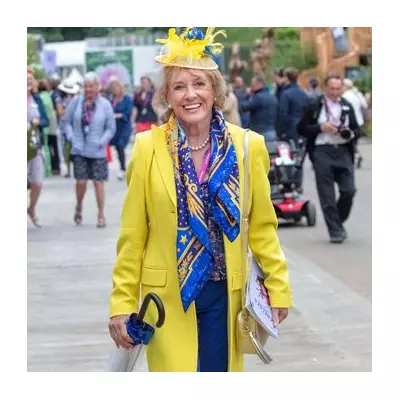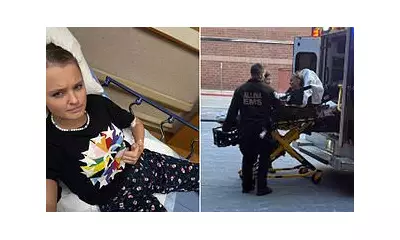
In an extraordinary medical milestone that's capturing national attention, a devoted father has become the first patient in the United Kingdom to receive a revolutionary cancer treatment through the National Health Service.
A Father's Courageous Battle
The groundbreaking moment unfolded when Darryl Doe, a 57-year-old father from Essex, received pioneering bispecific antibody therapy to combat an aggressive form of blood cancer. This innovative treatment represents a significant leap forward in cancer care, offering new hope to countless patients across the nation.
How This Revolutionary Treatment Works
Unlike traditional chemotherapy that attacks both healthy and cancerous cells, this cutting-edge approach uses specially engineered antibodies that act like a "cellular bridge." These remarkable molecules simultaneously latch onto cancer cells and immune cells, effectively directing the body's natural defences to precisely target and destroy the malignant invaders.
"This bispecific antibody therapy marks an exciting evolution in cancer treatment," explained Professor Emma Morris, Director of UCL's Institute of Immunity and Transplantation. "We're essentially reprogramming the patient's immune system to recognise and eliminate cancer cells with remarkable precision."
The Human Story Behind the Headlines
Darryl's journey began when he was diagnosed with diffuse large B-cell lymphoma, an aggressive blood cancer that had resisted conventional treatments. Facing limited options, he became the inaugural recipient of this NHS-approved therapy at University College London Hospital.
"When standard treatments failed, this new therapy felt like a miracle," Darryl shared. "As a father, every extra moment with my family is precious. This breakthrough has given me something invaluable—hope."
What This Means for Cancer Patients Nationwide
The NHS rollout of this treatment signals a new era in cancer care with several key benefits:
- More targeted approach with fewer side effects than chemotherapy
- New hope for patients who haven't responded to conventional treatments
- Demonstrates the NHS's commitment to cutting-edge medical innovations
- Potential to extend and improve quality of life for countless Britons
This medical breakthrough comes through collaboration between NHS specialists and pharmaceutical innovators, showcasing how Britain continues to lead in healthcare advancements that change lives.
The Future of Cancer Treatment in Britain
As more patients gain access to these sophisticated therapies, medical experts anticipate significant improvements in survival rates and quality of life for those battling blood cancers. The success of treatments like bispecific antibodies paves the way for even more personalised cancer care approaches in the coming years.
Professor Morris emphasised, "We're witnessing a transformation in how we treat cancer. This isn't just about extending life—it's about ensuring patients can enjoy quality time with their loved ones while managing their condition."
For Darryl and his family, this medical first represents more than just statistical significance—it's the gift of precious moments together, made possible by British medical innovation and the enduring strength of the NHS.





